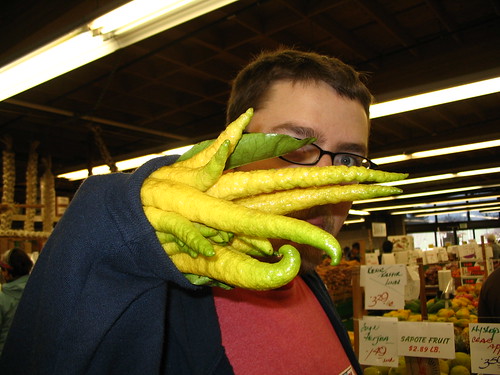Hang On, Snoopy
 Here's another review of the new Schulz biography, this time from the New York Times' Randy Kennedy. This one takes as its focus the strange Euro/American preoccupation with the concept of the Tortured Artist. Once again, plenty of food for thought.
Here's another review of the new Schulz biography, this time from the New York Times' Randy Kennedy. This one takes as its focus the strange Euro/American preoccupation with the concept of the Tortured Artist. Once again, plenty of food for thought.
Kennedy quotes University of Minnesota professor Patricia Hampl, who offers a nugget of what I believe to be truth and wisdom:
“People don’t want to believe that someone like them could just sit down at a typewriter or a desk and create something great or timeless,” she said. “It’s got to be the product of a lot of misery and angst.” She compared the impulse to that of conspiracy theorists and their reluctance to believe in the banality of evil: “It’s hard to accept that a guy could just go up into a building and shoot the president.”
Very true, I think. this is related to a concept about which I've ranted before, the idea of Art as a Standard, which leads to the boneheaded idea that, "Well, I could do that!" is a valid criticism of a piece of artwork.
Kennedy also quotes City University of New York professor Morris Dickstein, whose comment is every bit as idiotic as Hampl's is insightful:
“People who have always had a happy life and lived on an even keel and haven’t had a lot of misfortune really don’t tend to be creative people.”
That's just pure horseshit, and if Dickstein doesn't know he's spouting pure horseshit, he doesn't really have any business teaching at CUNY. It's this myth and people like Dickstein who spout it from the bully pulpit of academia that leads plenty of young and talented musicians, artists and writers to any number of addictions and self-made miseries, simply because it's viewed as some sort of requirement for greatness.
Miles Davis shot heroin and Johnny Cash popped pills, Hemingway and Fitzgerald were self-destructive alcoholics, van Gogh was bat-shit insane and Picasso was a self-loathing womanizing asshole. Doesn't mean it's a requirement for creativity. It certainly doesn't mean that English professors ought to go off half-cocked, claiming that creativity = misery, and that people who aren't miserable can't be creative.


